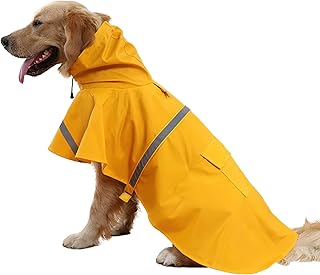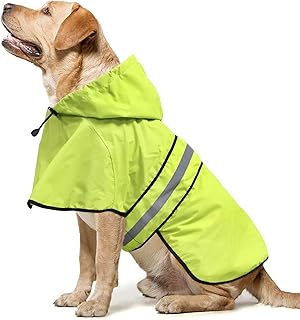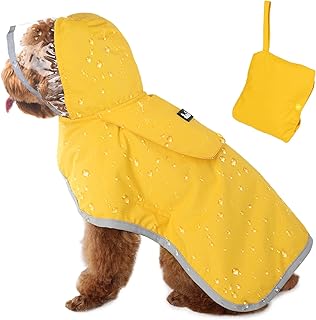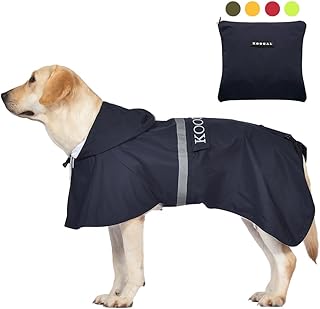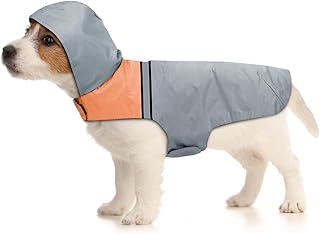A recent study has found a concerning rise in rat lungworm disease cases affecting dogs on Australia’s east coast. This potentially fatal disease is typically contracted by dogs consuming slugs and snails, with wet weather exacerbating the risk. The disease, caused by a parasite, can lead to paralysis or even death if left untreated.
Researchers at the University of Sydney have identified 93 confirmed cases of rat lungworm disease across Australia from 2020 to 2024, with a peak of 32 cases in 2022 during a La Nina event. The disease, also known as canine neural angiostrongyliasis, poses a significant threat to pets and has been linked to two human deaths in Australia.
Lead author Phoebe Rivory emphasized the strong correlation between rainfall and disease cases, indicating a higher prevalence during periods of heavy rain. Brisbane and Sydney were identified as hotspots due to their favorable climates for the parasite’s spread.
Jan Šlapeta, a veterinary expert, highlighted the invasive nature of the rat lungworm parasite, which was introduced to Australia post-World War II. The parasite, carried by rats and transmitted through snails and slugs, poses a unique threat as it directly targets the brain upon infecting a host, potentially leading to severe consequences.
The study’s findings underscore the importance of early detection and treatment for infected dogs. Symptoms may include paralysis, spinal pain, confusion, or fatigue. Prompt veterinary care is crucial to prevent the disease from progressing to a critical stage.
Veterinarians emphasize the need for pet owners to remain vigilant, particularly during tick season, as early intervention significantly impacts the prognosis. Preventative measures such as washing water bowls regularly and safeguarding outdoor areas from snails and slugs are recommended to mitigate the risk of infection.
While the disease primarily affects dogs, cats appear to be immune to rat lungworm infection. Researchers stress the importance of educating pet owners about the disease and implementing preventive measures to safeguard their furry companions.
With climate change likely to bring more wet weather, experts anticipate a surge in rat lungworm disease cases. Increased awareness and proactive measures, such as keeping pets away from potential carriers like slugs and snails, are crucial in mitigating the spread of this dangerous parasite.
📰 Related Articles
- TransPak Acquires Reid Packaging to Expand East Coast Presence
- JetBlue Redefines East Coast to Europe Travel with Madrid and Edinburgh Routes
- East Coast Low Causes Chaos: NSW Braces for Severe Weather
- Women’s Deep Emotional Bond with Pets Resembles Parent-Child Connection
- Winter Paw Balm Recipe to Protect Pets’ Paws Naturally

